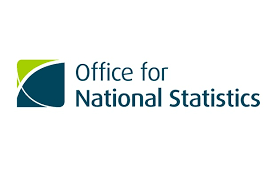The new Digital Markets Unit
In November 2020 the government announced the establishment of a regulatory watchdog to enforce a new pro-competition regime covering platforms with considerable market power. The new Digital Markets Unit (DMU) has now been set up within the Competition and Markets Authority (CMA). The new regulatory regime will require legislation to grant it full powers, and the government is expected to consult on proposals this year. In the meantime, it will sit within the CMA on a non-statutory basis. The recently published Terms of Reference set out the role. In the immediate term the focus of the DMU will be on the following: (more…)












